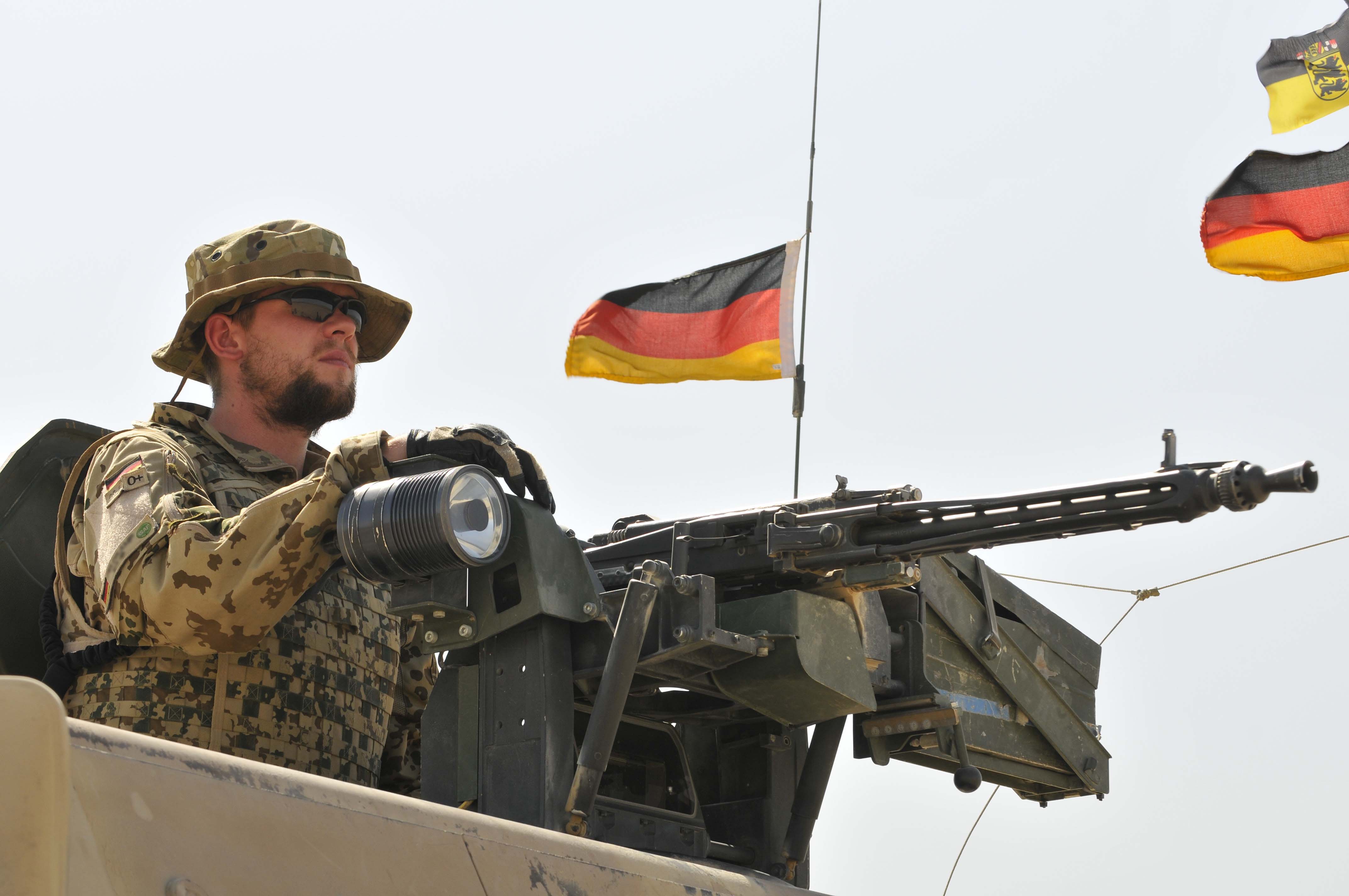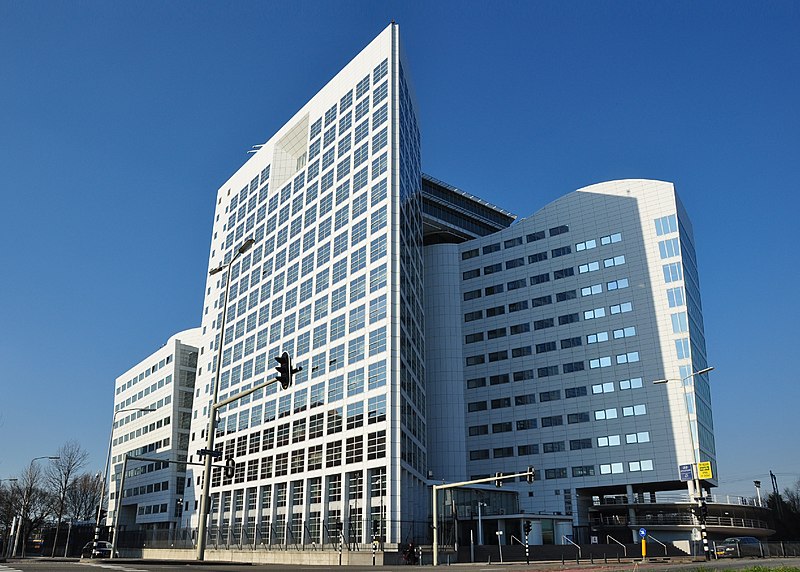
As the centenary of the outbreak of the First World War draws closer, it must be remarked that the most significant change to the geopolitical map since 1914 was not the defeat of fascism, nor the death of Soviet-style communism, but the complete collapse of all the European imperialist systems of government. Of course, various forms of hegemony, colonialism, and suzerainty still exist in the modern world and European nations have not been above overseas conflict since the end of the Cold War. However, a century after the start of Europe’s bloodbath the continent, now at peace, has turned inwards in its thinking.


